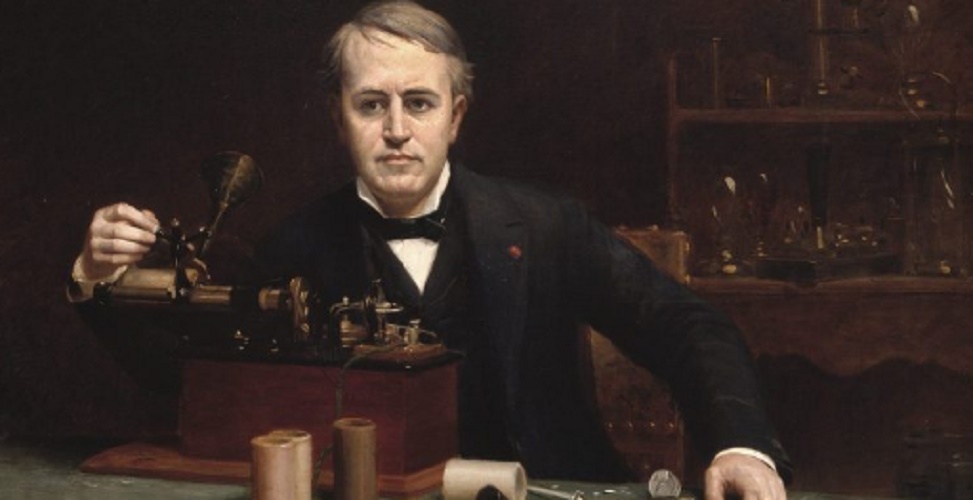What is electronics?
We explain what is electronics and the history of this technical and scientific discipline. In addition, what it is for and its importance.
-
What is electronics?
A technical and scientific discipline is considered electronic , considered as a branch of physics and as a specialization of engineering, which is dedicated to the study and production of physical systems based on the conduction and control of an electron flow or electrically charged particles.
For this, electronics use not only certain basic theoretical principles such as electromagnetism, but also the science of materials and other forms of practical application of scientific knowledge . Its results are of special interest to other fields of specialized knowledge, such as computer science or systems engineering.
Among the contemporary applications of electronics are:
- Control systems . Those that allow starting or stopping processes, such as the light circuits in our homes. These can acquire even some degree of automation.
- Power electronics . It is based on the use of electronic devices to regulate power and electrical voltage, especially at significant levels, which is key in the distribution of energy and in other contemporary industrial processes.
- Telecommunications . One of the broadest areas of the technological development of electronics has to do with databases and digital information systems, such as the Internet . As well as with the universe of gadgets or electronic devices available for the so-called culture 2.0.
-
History of electronics

The electronics began with the so-called “Edison effect” . Thomas Alva Edison in 1883 first noticed the thermionic emission, that is, the possibility of releasing electrons from an element from the incorporation of heat energy to it. This was key in the invention of the diode by Sir John Ambrose Fleming and after the period in 1906 by Lee De Forest.
The latter is considered the father of electronics, because thanks to his contributions it was possible to overcome the mere construction of power supplies, and start amplifying signals of all kinds, thus allowing the first steps towards the invention of radio, television and other modern artifacts.
This path took its first steps towards miniaturization and therefore the construction of more practical artifacts with the invention of transistors in the mid-twentieth century, with which the vacuum valves were replaced, thus saving much in energy and money.
Already in 1958 the first integrated circuit in silicon plates would be developed, housing six transistors on the same chip. From there to the creation of the first microprocessor in 1970 there was a direct tour. Thanks to electronics, the field of industry and human life itself was revolutionized at all levels: cell phones, remote controls, autonomous circuits, etc.
-
What is electronics for?

Electronics serves endless applications in the contemporary world. Virtually all the implements we use every day, such as computers , calculators, cell phones, digital clocks, electrical circuits, remote controls, televisions, radios, and a variety of so on, have their origin in the development of electronics and improvement in their driving mechanisms and in its materials. Thanks to electronics we have revolutionized our technological capacity.
-
Importance of electronics

Electronics, as we explained before, is fundamental in the human being’s ability to build complex implements and autonomous tools, which allow him to communicate over enormous distances, automate various tasks of his daily life or make them in any case easier.
The ability to build logical mechanisms that work from closed circuits of electricity has been fundamental to engender a new generation of more powerful and intelligent devices, and will undoubtedly offer greater advantages in the future, in the field of robotics and automation .




